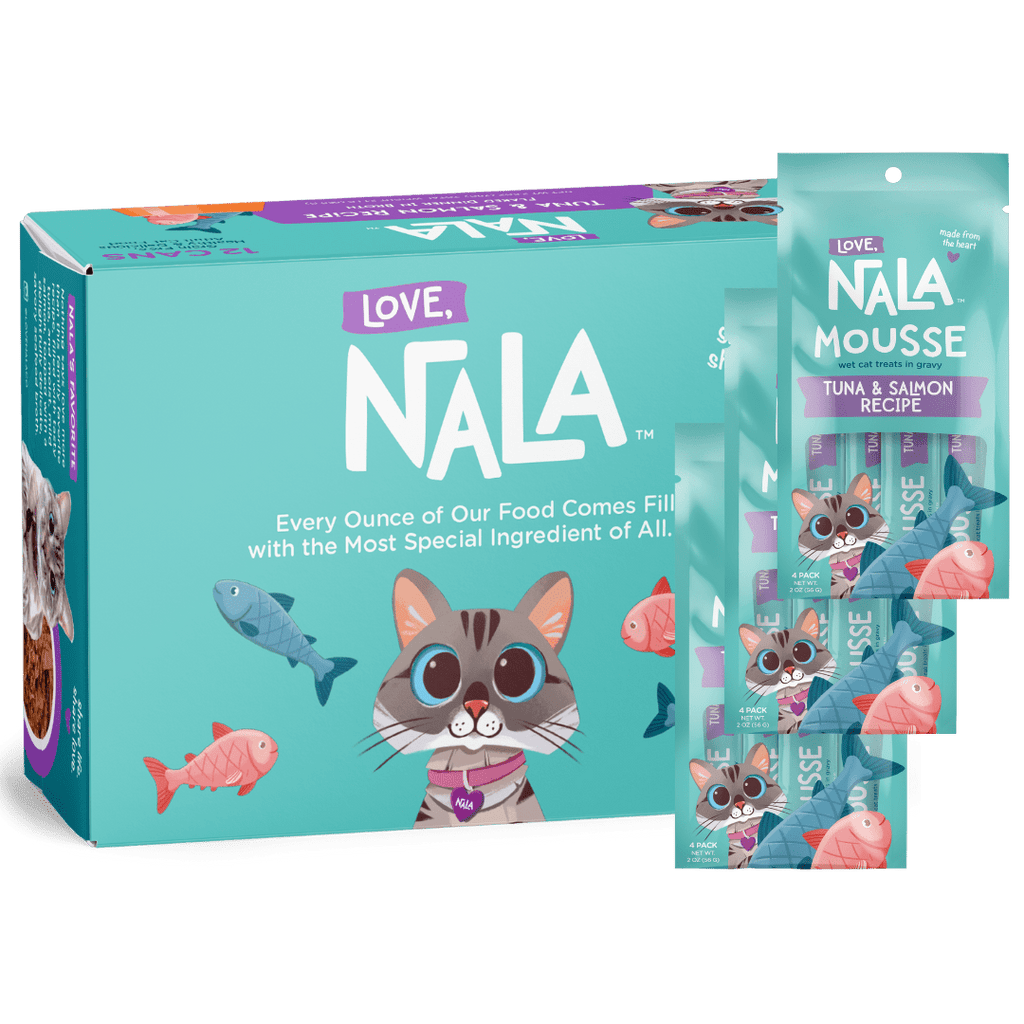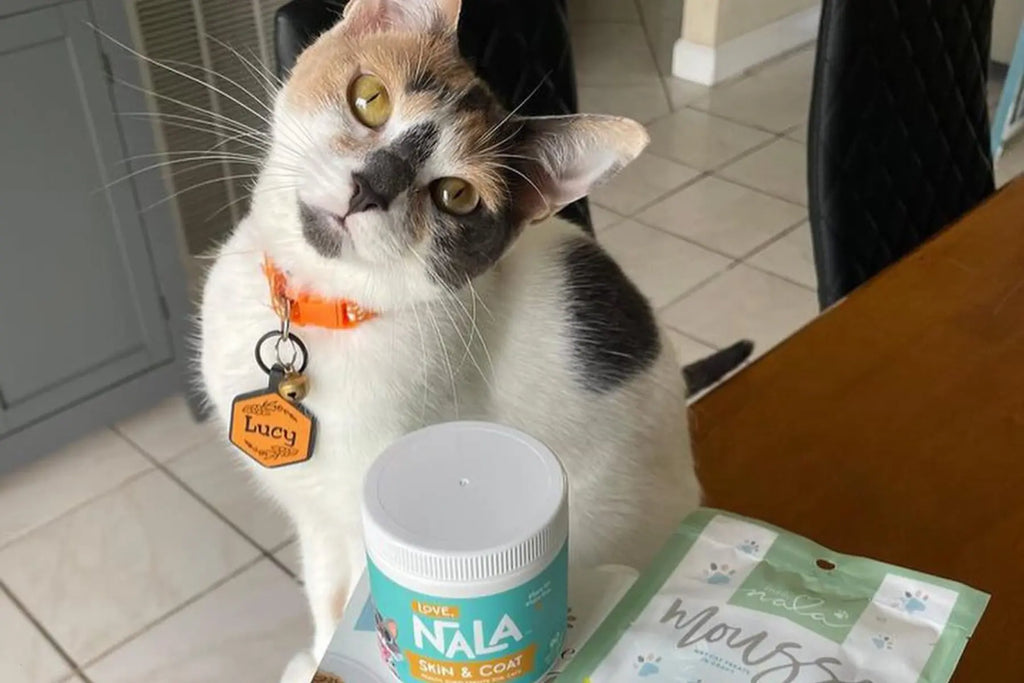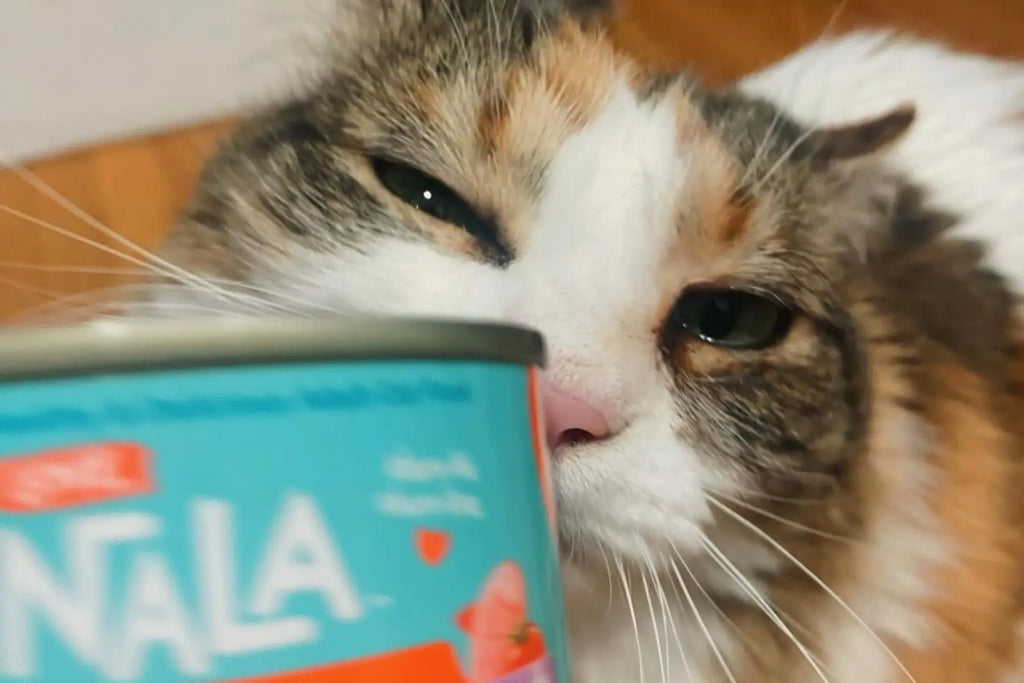When it comes to feeding our feline friends, understanding the essentials of the best cat diet is crucial. Cats have specific dietary needs that differ significantly from humans and even from dogs. Their bodies are designed to process certain types of foods better than others, making it important to focus on what best supports their health and well-being. A well-rounded cat diet should primarily consist of proteins and fats, with a small amount of carbohydrates. Proteins are the building blocks of their diet, crucial for growth, maintenance, and overall health. Fats provide them with energy, while carbs, though less critical, serve as an additional energy source. However, not all foods that provide these macronutrients are equally beneficial for cats, leading to a debate on the right mix of meat and veggies in their diet.
The Importance of Meat in a Cat's Diet
Nutritional Benefits of Meat for Cats
Meat is more than just a tasty treat for cats; it's a fundamental component of their diet offering numerous nutritional benefits. It provides high-quality protein that's easily digestible and highly bioavailable, meaning cats can easily absorb and utilize the nutrients found in meat. This is crucial for maintaining muscle mass, supporting a healthy immune system, and ensuring a shiny, healthy coat. Furthermore, meat contains vital amino acids like taurine and arginine, which are essential for heart health and preventing liver diseases.
Essential Nutrients Found in Meat
Meat is packed with essential nutrients that are critical for a cat's health. Beyond proteins and amino acids, it contains vitamins such as B vitamins. Minerals like zinc, iron, and selenium found in meat support immune function and thyroid health. These nutrients are not just beneficial; they're necessary for your cat's survival and well-being. The healthiest cat food options are those that prioritize high-quality meat sources to provide these indispensable nutrients.
The Concept of Cats as Obligate Carnivores
Understanding that cats are obligate carnivores is key to grasping why meat is so crucial in their diet. This biological classification means that cats have evolved to thrive on a diet primarily composed of meat. Their digestive system is specifically adapted to break down animal protein and fat efficiently while deriving little to no nutritional value from plant-based sources. This is why a balanced cat diet must focus heavily on meat to align with their natural dietary requirements.
Incorporating Vegetables into a Cat's Diet
Benefits of Vegetables for Cats
When considering incorporating vegetables into a cat's diet, it's important to recognize the necessity of choosing those that are not only safe but also offer health benefits. Below is an expanded list of vegetables that are both safe and beneficial for feline health, emphasizing the importance of moderation and proper preparation.
- Carrots: Cooked and finely chopped carrots can be a nutritious addition to a cat's diet, offering a rich source of beta-carotene, which the body converts into vitamin A. This vitamin is crucial for maintaining good vision, skin health, and immune function. Carrots are also high in fiber, which can help in digestion. However, it's essential to cook carrots to soften them, making it easier for cats to eat and digest.
- Green Beans: Green beans are an excellent low-calorie treat for cats, providing a crunch they might enjoy. They are a source of fiber, which aids in digestion and can help with weight management for overweight cats. Additionally, green beans contain vitamins like vitamins K and C, contributing to overall health and well-being.
- Broccoli: Feeding small amounts of broccoli to cats can increase their antioxidants and fiber intake. Antioxidants help fight free radicals, potentially reducing the risk of chronic diseases, while fiber aids in digestive health. Broccoli should be given in moderation, as too much can cause gastrointestinal upset.
- Spinach: Spinach is packed with vitamins A, C, and K, iron, and antioxidants, offering numerous health benefits. However, it's important to give spinach in moderation, especially to cats with known kidney issues, as it contains small amounts of calcium oxalates, which can contribute to kidney stone formation in susceptible cats.
- Peas: Peas are a common ingredient in commercial cat foods and for a good reason. They provide vitamins B1, C, and K, and are a good source of fiber and protein. Peas can be a healthy addition to a cat's diet, offering variety and essential nutrients.
- Pumpkin: Notably beneficial for digestive health, pumpkin is high in fiber and can help alleviate diarrhea and constipation in cats. It's also low in calories, making it a good choice for maintaining a healthy weight. Pureed pumpkin (without added sugars or spices) can be added to cat food as a supplement.
- Zucchini: This vegetable is low in calories and rich in vitamins B6, C, and K, making it an excellent choice for cats. Zucchini can be a tasty treat for cats, providing them with additional hydration and nutrients without the risk of weight gain.
Introducing vegetables into a cat's diet offers a way to provide them with essential nutrients not always available in meat. This practice can lead to a more balanced diet, enhancing their overall health and vitality.
Balancing Meat and Vegetable Diet for Cats
The Optimal Meat to Vegetable Ratio
Determining the optimal meat to vegetable ratio in a cat's diet is pivotal for their health. A general guideline is to aim for a diet that is roughly 80-90% high-quality animal protein and 10-20% vegetables. This ratio ensures that cats benefit from the essential nutrients found in meat, such as taurine, while also gaining the digestive and immune system benefits provided by vegetables. It's important to note that this ratio might vary slightly depending on individual health needs, life stage, and activity level.
Commercial Cat Foods That Offer Balance
When selecting commercial foods, look for brands that list real meat, poultry, or fish as the first ingredient, indicating a high protein content. Additionally, these products should contain a small portion of vegetables or fruits to provide the necessary vitamins, minerals, and fiber. It's essential to check the ingredient list for high-quality, whole-food ingredients and avoid those with excessive fillers, artificial additives, or by-products. Opting for premium meat and veggies in cat food brands can significantly contribute to achieving the right balance in your cat's diet.
Tips for Homemade Balanced Cat Meals
For cat owners who prefer to prepare homemade meals, achieving the correct balance between meat and vegetables is key to providing healthy cat food. Use lean meats like chicken, turkey, or rabbit as the base of the meal, and incorporate safe vegetables in appropriate proportions. Remember to cook all meat thoroughly and vegetables until soft to ensure they are safe and digestible for your cat. Adding a small amount of liver or other organ meats can also enhance the nutrient profile of the meal.
Nutritional Needs Across Different Life Stages
Dietary Considerations for Kittens
Kittens have specific nutritional needs that are different from adult cats, requiring diets rich in protein, fat, and calories to support their rapid growth and high energy levels. It's crucial to feed them specially formulated kitten food that meets these requirements. These diets are designed to support the development of strong muscles, bones, and teeth, as well as to fuel their playful activities.
Special Diets for Senior Cats
Senior cats often face a range of health issues, from kidney problems to arthritis, requiring adjustments in their diet to maintain their health and quality of life. Here’s how you can cater to the unique needs of aging felines:
- Reduced Calories: Senior cats tend to be less active and have a slower metabolism, which can easily lead to weight gain. Obesity in senior cats can exacerbate health issues like diabetes and arthritis. Diets designed for senior cats often have fewer calories but are still nutrient-rich to support their health without contributing to unhealthy weight gain.
- Supplements: Supplements can play a significant role in a senior cat's diet. Glucosamine and chondroitin are beneficial for supporting joint health and mobility, which is particularly important for cats with arthritis. Omega-3 fatty acids, often derived from fish oil, can help reduce inflammation, benefiting cats with chronic kidney disease or arthritis.
- Easier to Eat: Dental problems are common in senior cats, making it difficult for them to chew dry kibble. Offering wet food or moistening dry food can make it easier for them to eat and ensure they continue to receive the necessary nutrients. Soft textures are less taxing on sensitive teeth and gums, making meal times more comfortable.
- Increased Hydration: Proper hydration is crucial for preventing kidney and urinary tract issues, which are prevalent in senior cats. Wet foods have a higher moisture content, which can help increase hydration. Additionally, keeping fresh water available and encouraging drinking through the use of water fountains or multiple water stations can support kidney health.
Providing the right diet for senior cats involves careful consideration of their changing needs and potential health issues. By adjusting their diet to include high-quality protein, reduced calories, beneficial supplements, softer food textures, increased hydration, and tailored nutrition for specific health concerns, cat owners can play a pivotal role in supporting their aging pets' health and well-being.
Consulting Veterinary Nutrition Experts
The Importance of Professional Guidance
These professionals possess the knowledge and experience to evaluate a cat's health status, lifestyle, age, and any medical conditions, providing recommendations that ensure a balanced and nutritious diet. They can also help decipher the complex world of pet food labels, guiding cat owners in choosing the healthiest cat food options available.
Introducing Dietary Changes Safely
A veterinary nutrition expert can advise on the best way to gradually introduce new foods, minimizing stress and potential health risks. This typically involves mixing increasing amounts of the new food with the old over several days, allowing the cat's digestive system to adjust. This careful approach helps prevent gastrointestinal upset and ensures a smooth transition to the new diet.
Tailoring Diets to Individual Cat Needs
Every cat is unique, with its own set of cat dietary needs and preferences. What works for one cat may not be suitable for another, making personalized diet plans essential. Veterinary nutritionists can create customized diets that account for a cat's specific health issues, weight goals, and even taste preferences.
Monitoring Health and Diet Efficacy
Regular monitoring is key to assessing the effectiveness of any dietary changes. Veterinary nutrition experts can help set up a schedule for follow-up appointments to track a cat's progress on their new diet. These check-ins allow for adjustments to be made as needed, ensuring that the diet continues to meet the cat's changing nutritional needs. This ongoing assessment is crucial for maintaining optimal health and catching any potential issues early.
In conclusion, cat diets are a dynamic process that requires ongoing attention and adaptation. By prioritizing high-quality ingredients, consulting with professionals, and staying informed about the latest in cat nutrition, cat owners can ensure their pets thrive at every stage of life. The journey towards optimal feline health is an evolving one, with each step forward offering the promise of better health and more vibrant lives for our beloved cats.




















